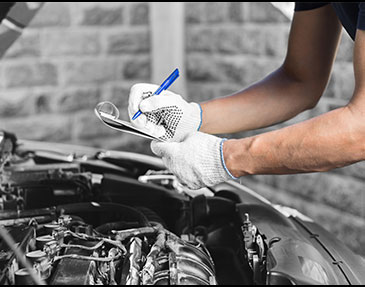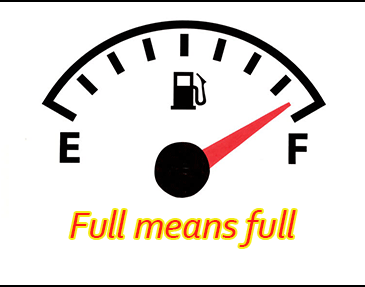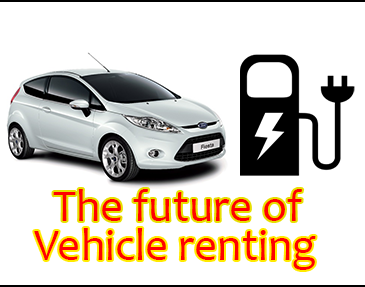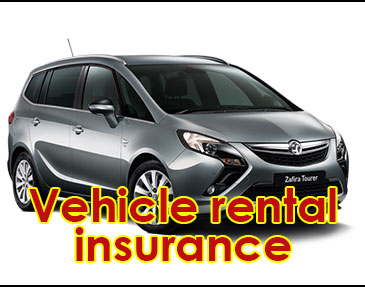Renting a vehicle for a self-drive holiday overseas
It is important that our clients and customers feel safe and comfortable in any vehicle that they rent from us, so inspection, care and maintenance are all carried out regularly.
For the 7.5 ton lorries, there are very strict rules including a PMI (Preventative Maintenance Inspection) check every eight weeks and these are very extensive.
They are done to a strict schedule and the check includes the vehicle’s fuel system, exhaust system, electrical system, steering, suspension, brakes, mirrors, windows, wipers, speedometer, plugs and cables, emissions, tire wear, lights, seat belts, airbags, gear shifts, indicators and air conditioning.
If a lorry is out with a customer, we arrange to collect it and supply a substitute while the check is being carried out. This check is in addition to the usual annual MoT and the servicing whose frequency depends on the specific mileage each vehicle has done. Generally, we will replace lorries every ten years or sooner if the mileage requires it.
Our rental cars are replaced every three years, when the warranty runs out. This is partly because it is more cost effective and partly because we find that customers generally do not want to rent a vehicle that is more than three years old.
Every time a rental car is returned to us we check the tyres, water and water bottles, ensure all the light bulbs are working properly and do a thorough clean both inside and out.
Servicing again depends on the mileage reached and our system alerts us to when a service is due, so that even if a car is with a customer it can be recalled to the depot for a service.
As you can see we take our customers’ safety and security very seriously.












